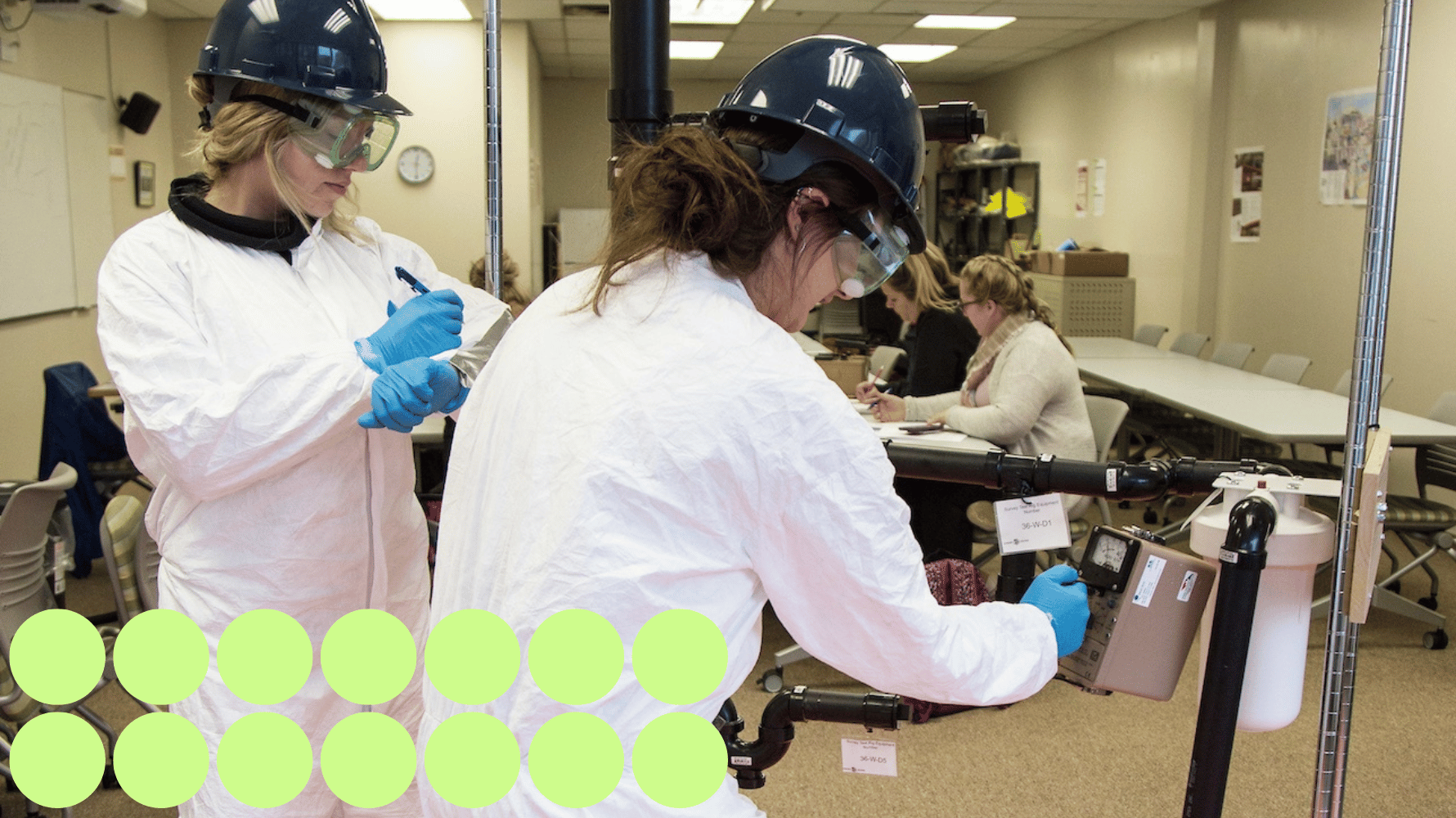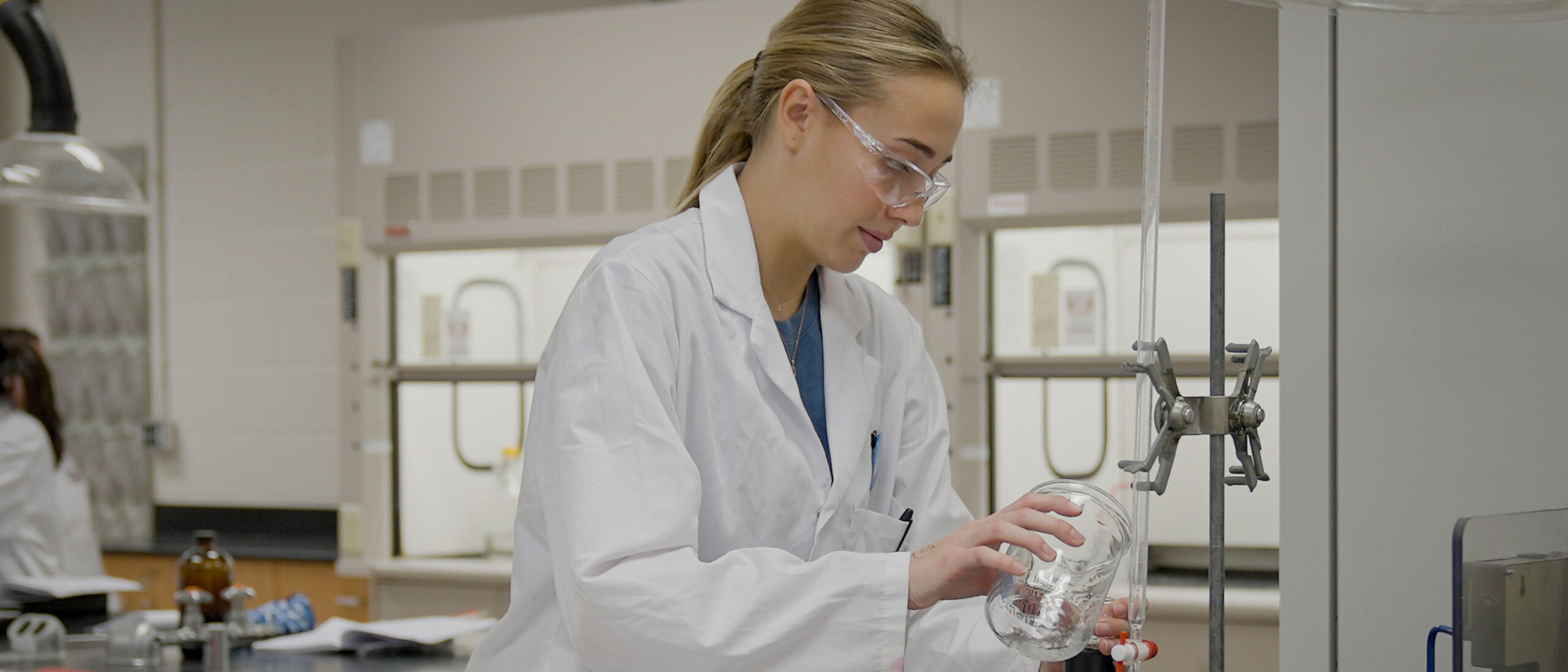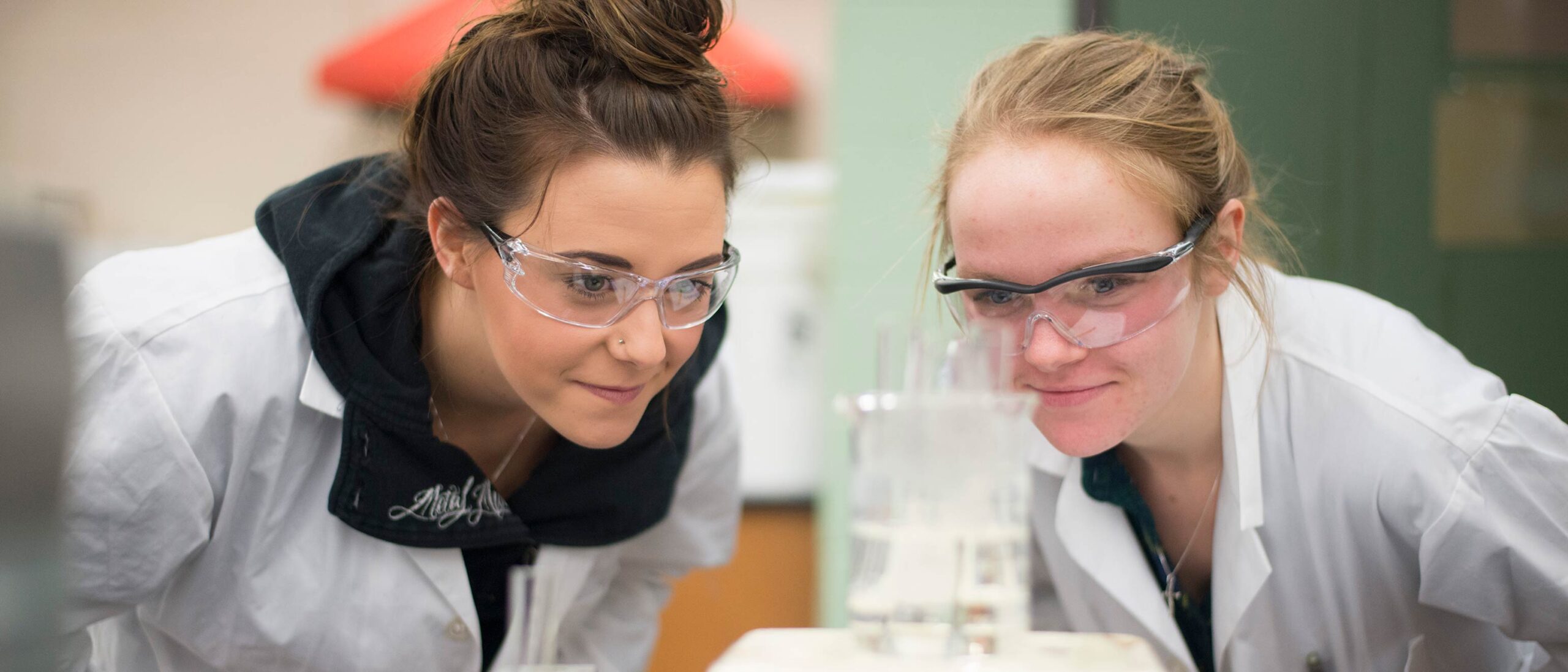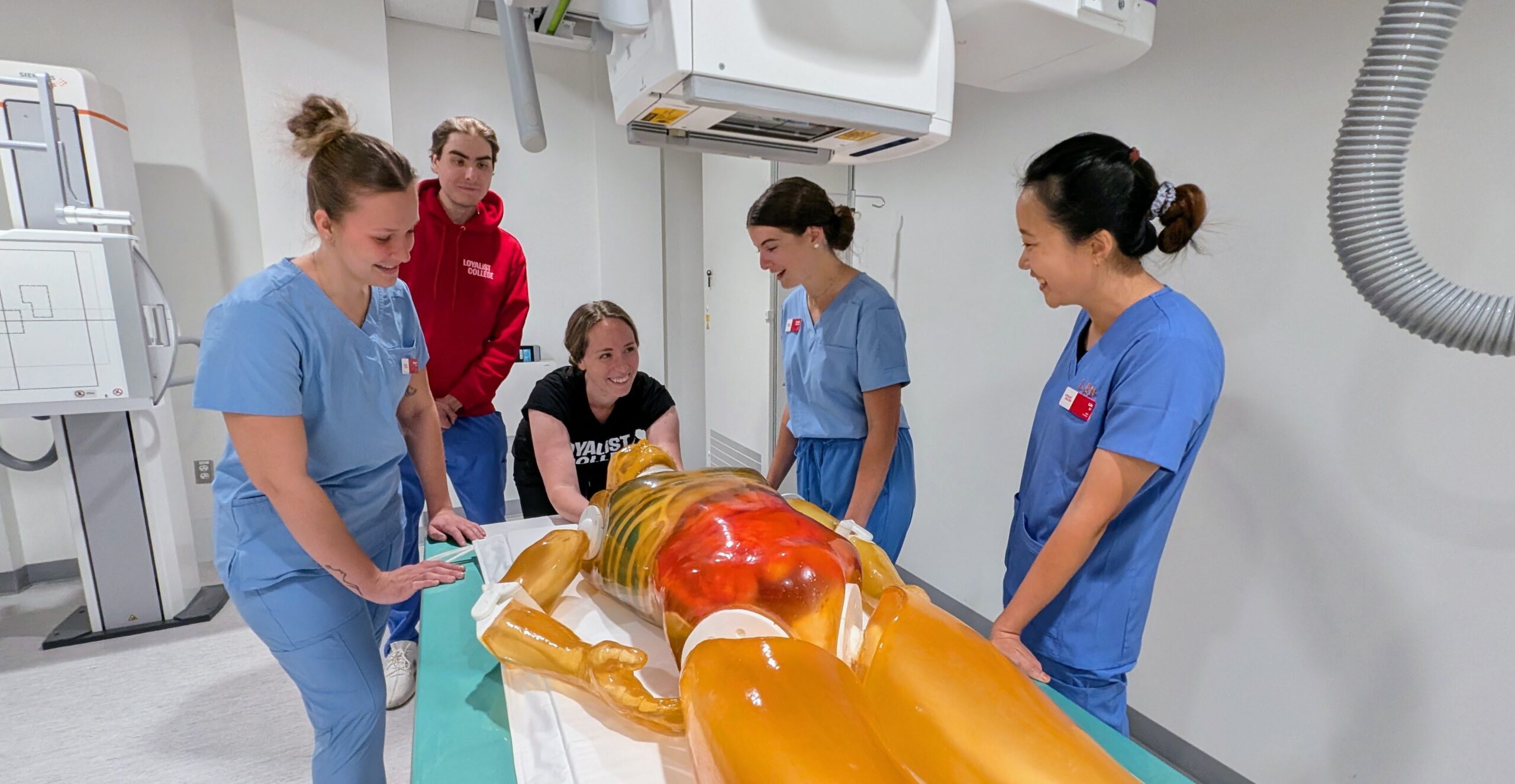Find your career
With the increasing use of radiation in industrial applications, medical technologies and energy production, radiation safety professionals are in high demand. In recent years, more than 50 percent of Radiation Safety students received offers of employment before completing their final exam.
Finding careers in a range of sectors, radiation safety personnel may be responsible for:
- Tracking and recording radioactivity levels in various environments.
- Implementing preventative measures that are critical to ensuring the safety of employees and the public.
- Overseeing on-site safety and performing safety audits and tests.
- Conducting inspections of workplace equipment, structures and materials.
- Training personnel on proper radiation safety measures and procedures.
- Communicating possible occupational safety hazards.
- Ensuring compliance with safety regulations.
- Monitoring and investigating any exposure-related incidents or accidents.
- Ensuring proper documentation of safety procedures.
- Fulfilling licensing capabilities, radiation protection planning and transportation of radioactive materials, as required by the Canadian Nuclear Safety Commission.
- Work with professionals in various nuclear, health care and natural environments.

The faculty actively helped in academic purposes inside and outside of the classroom and I received the best knowledge and information for applying to different jobs.
Jacob, Radiation Safety





